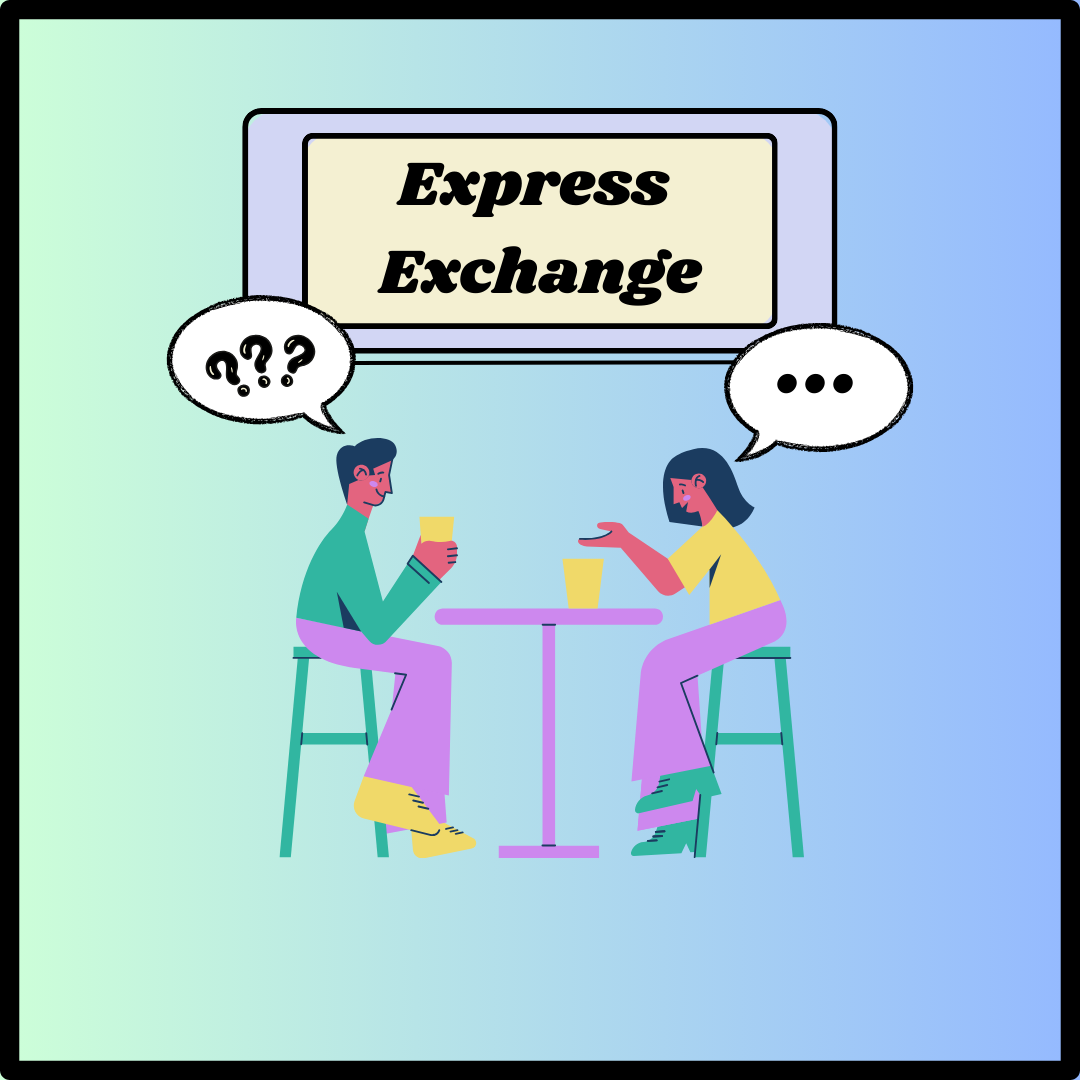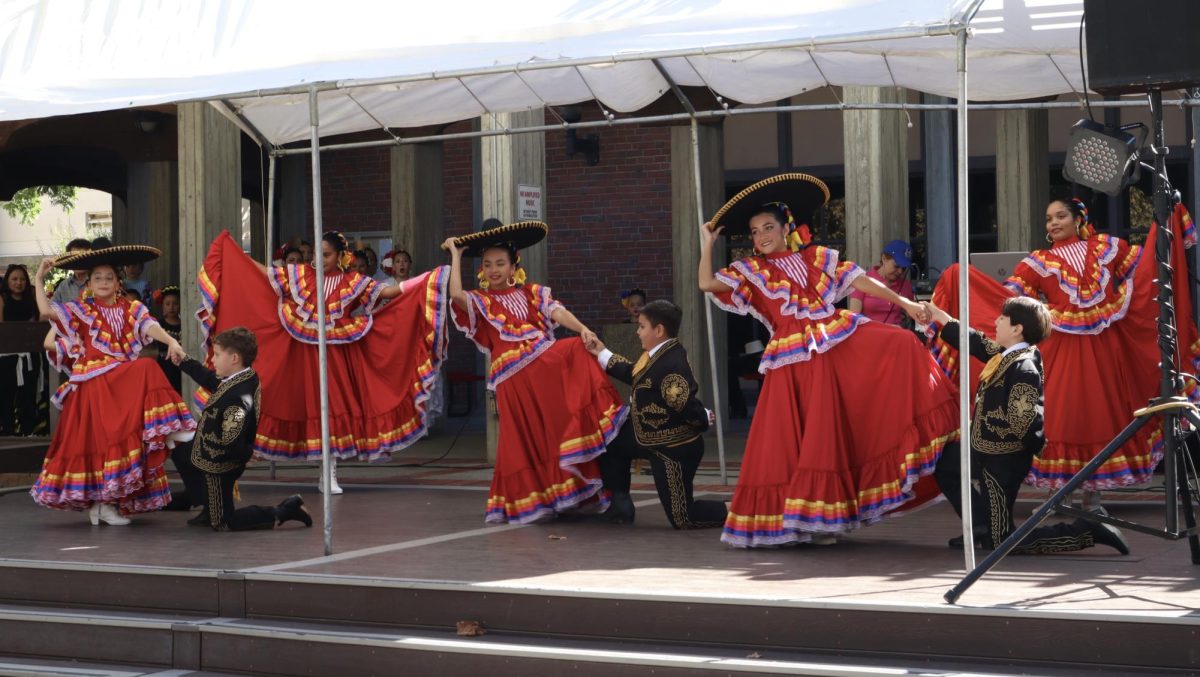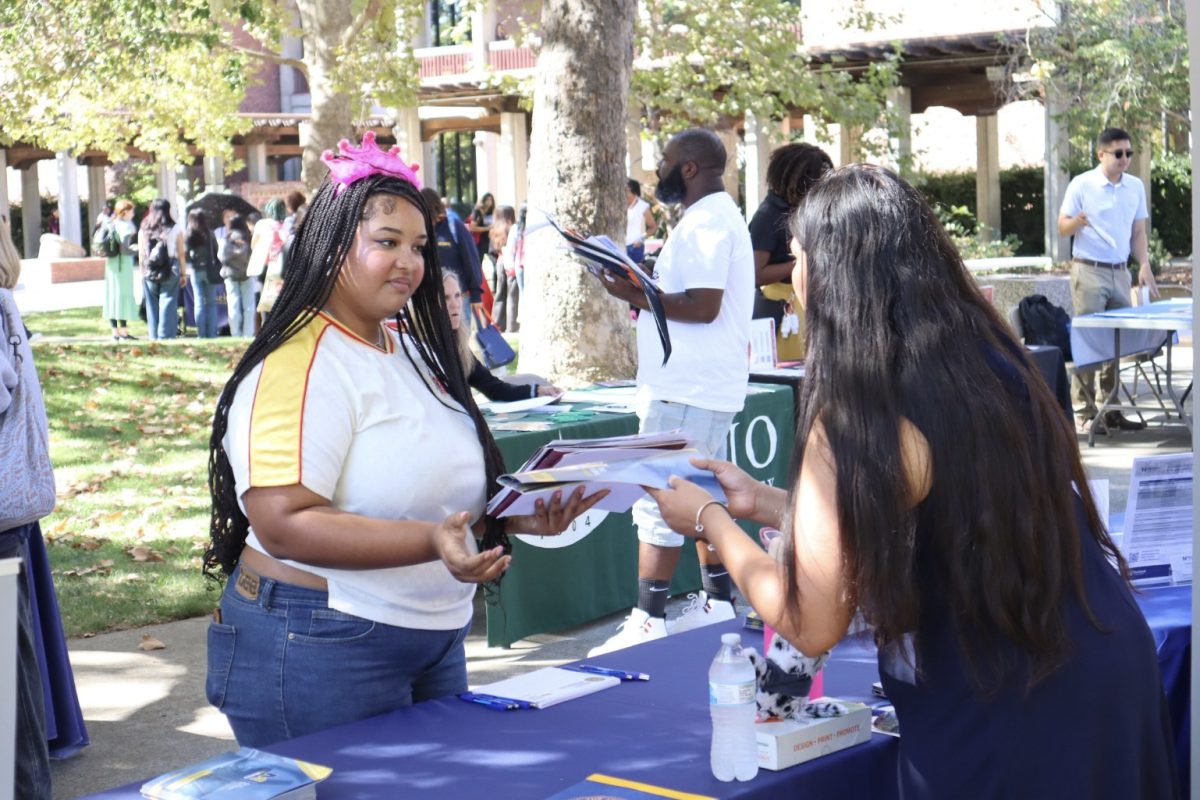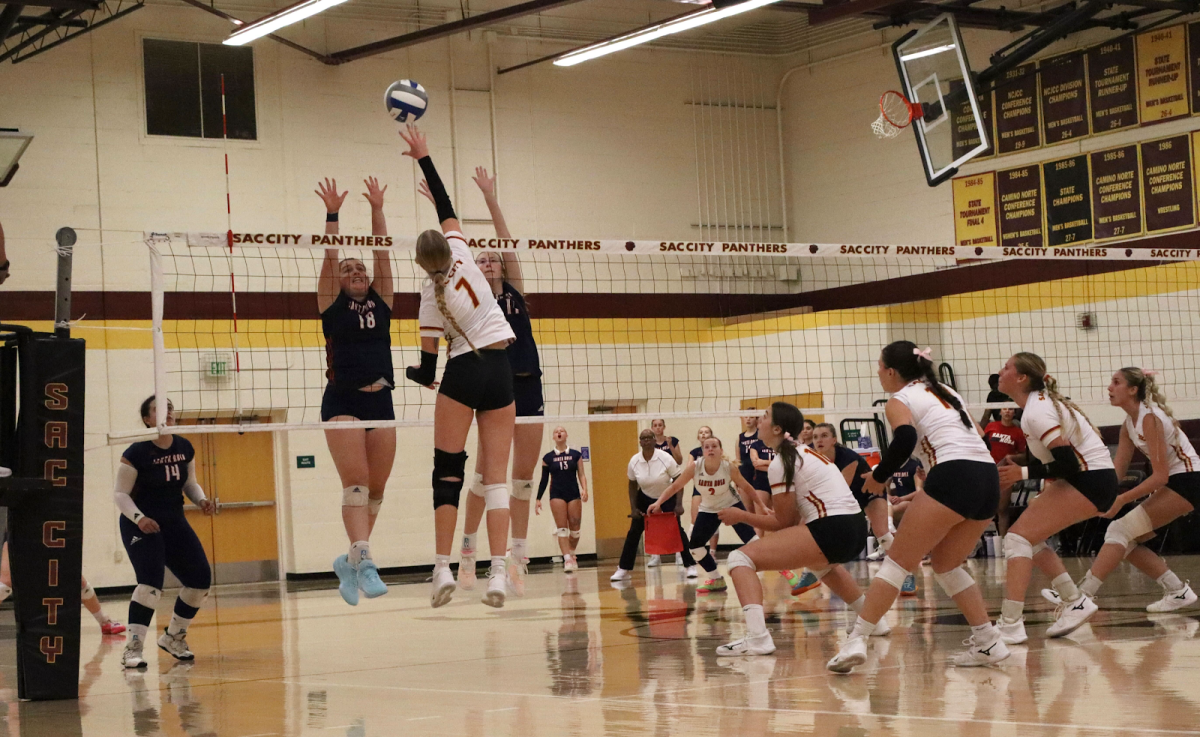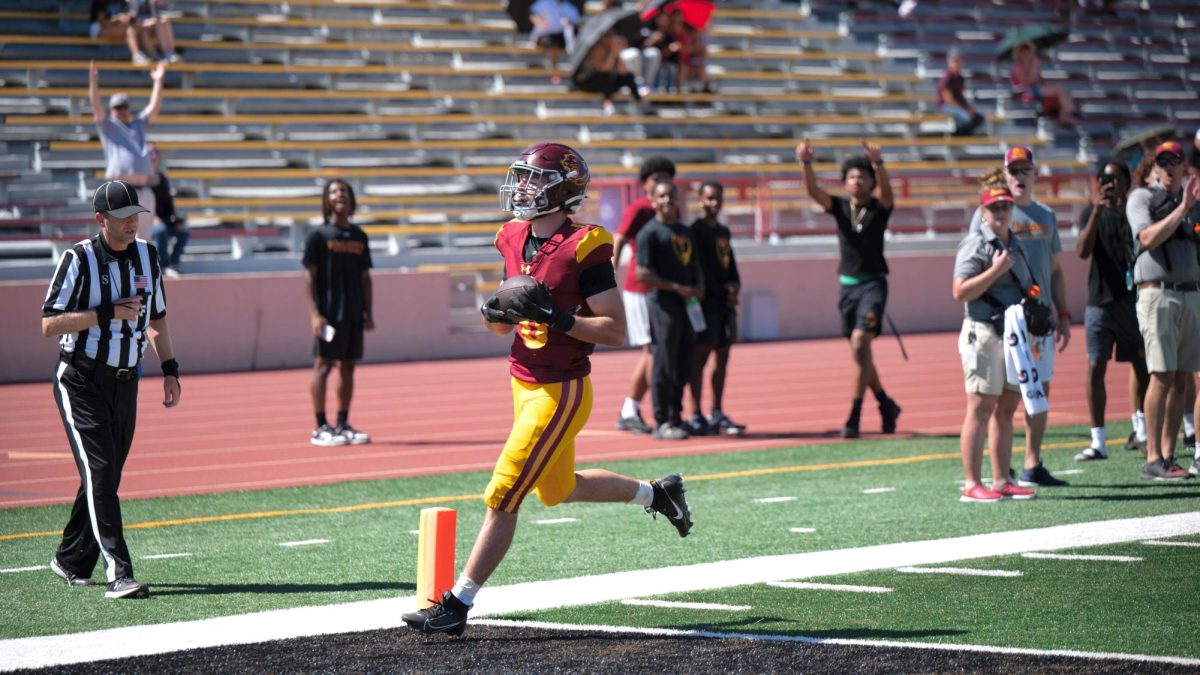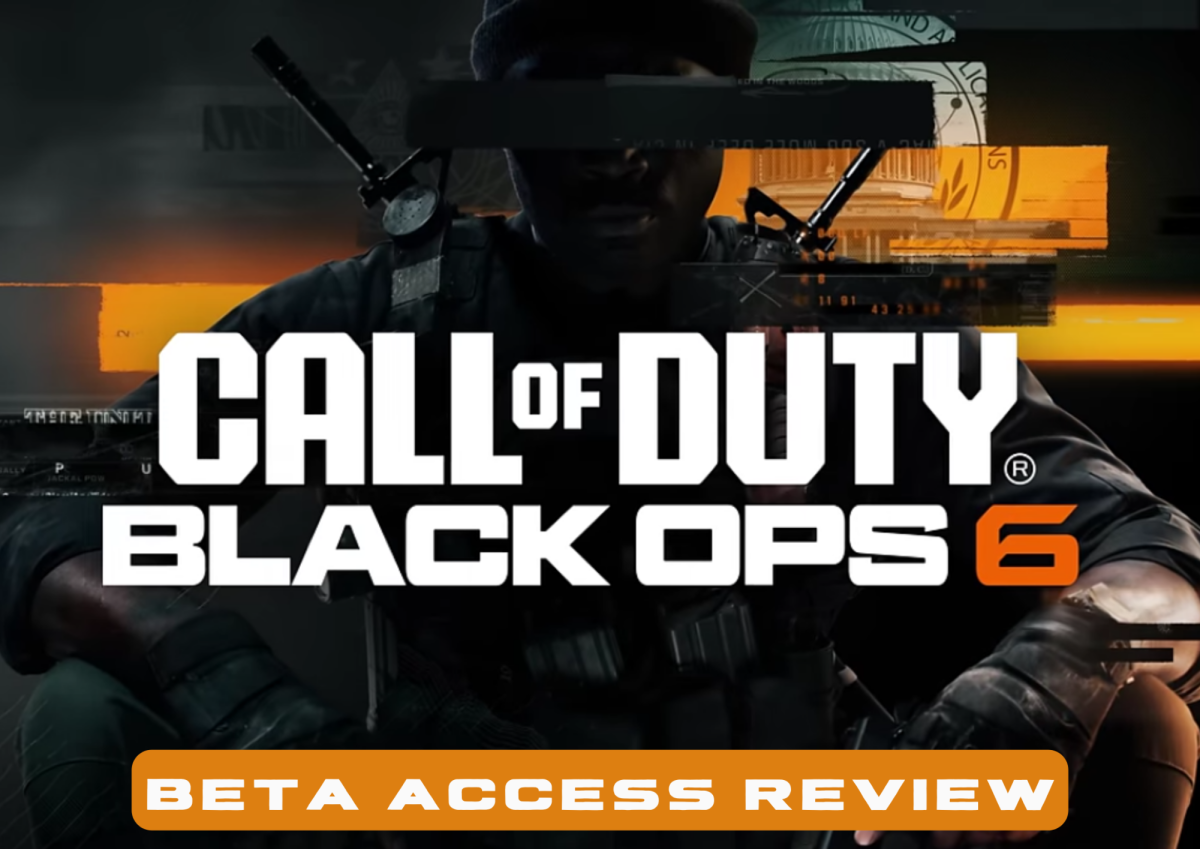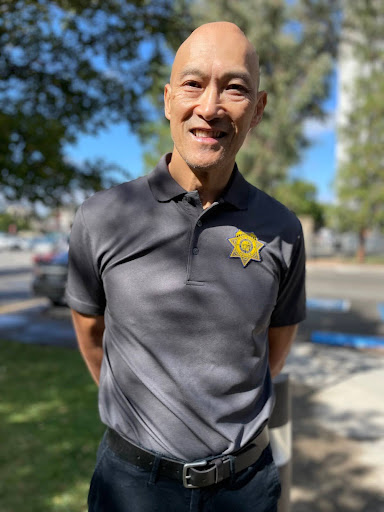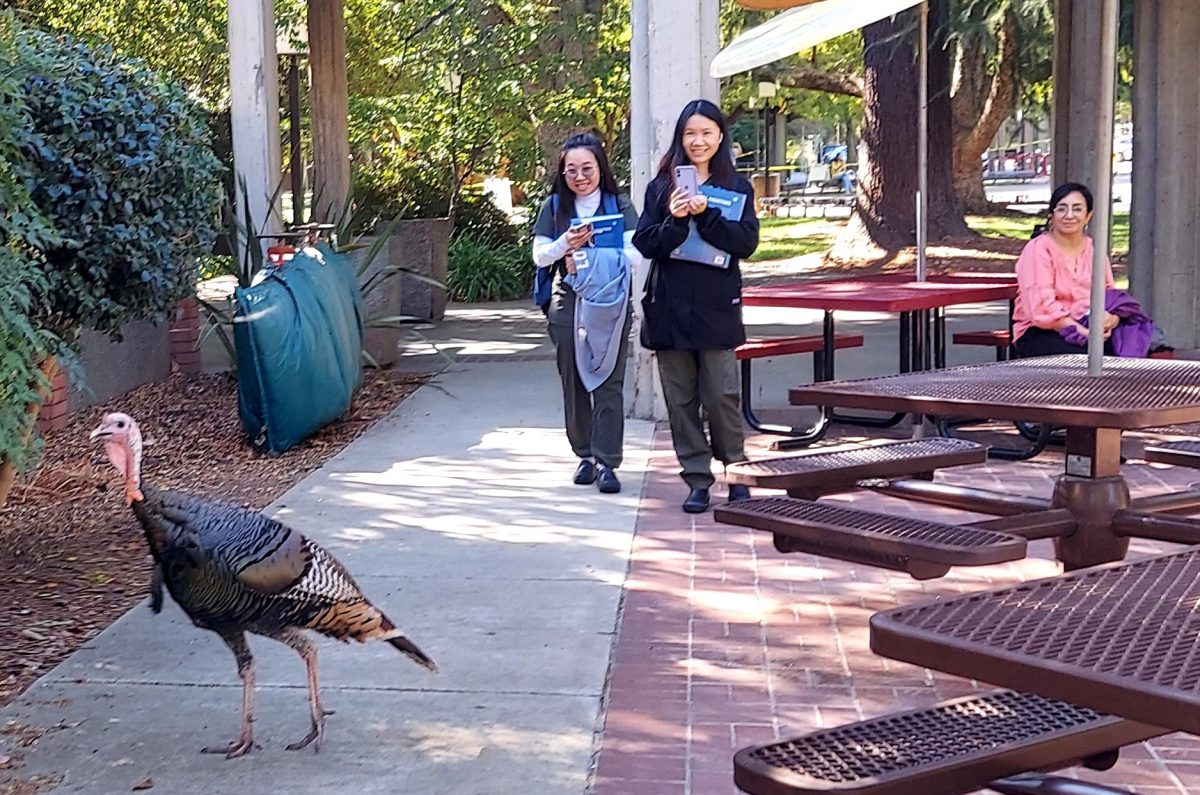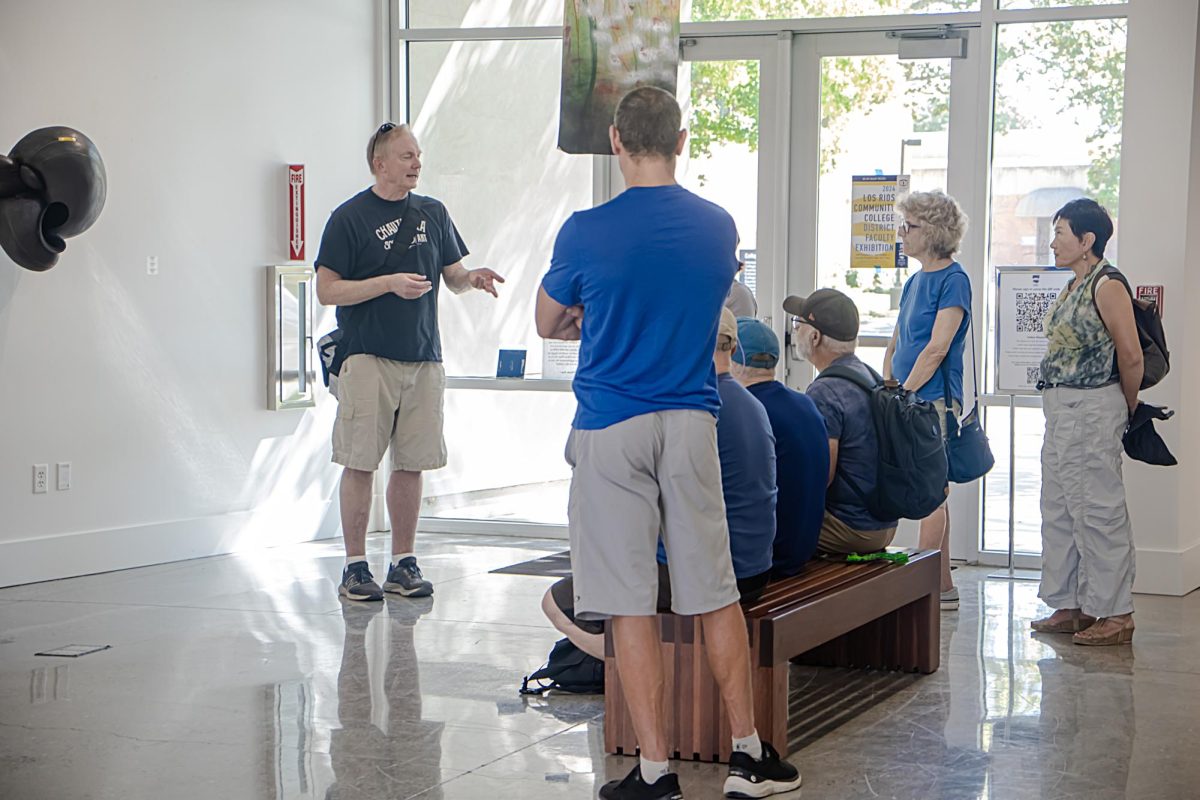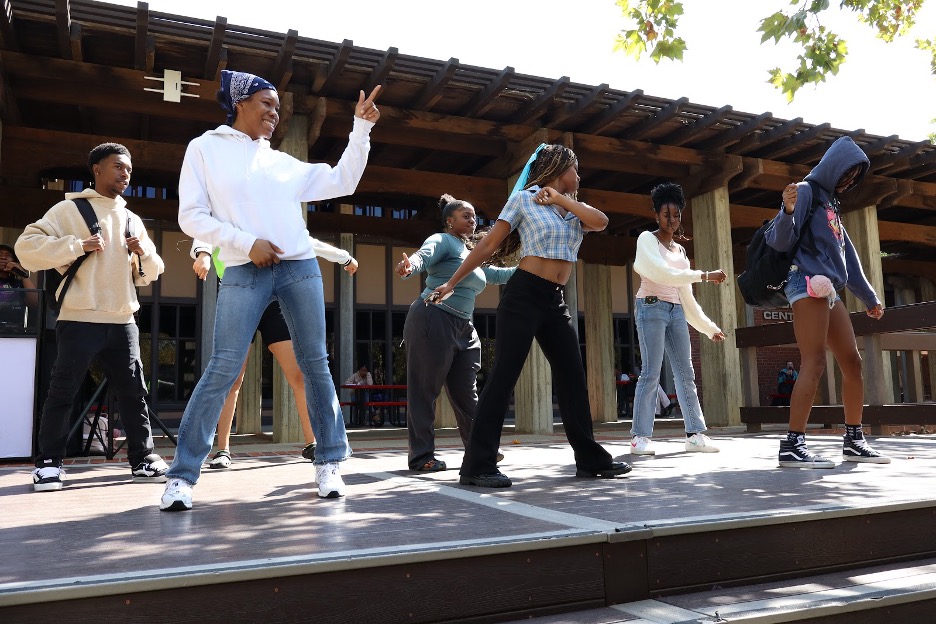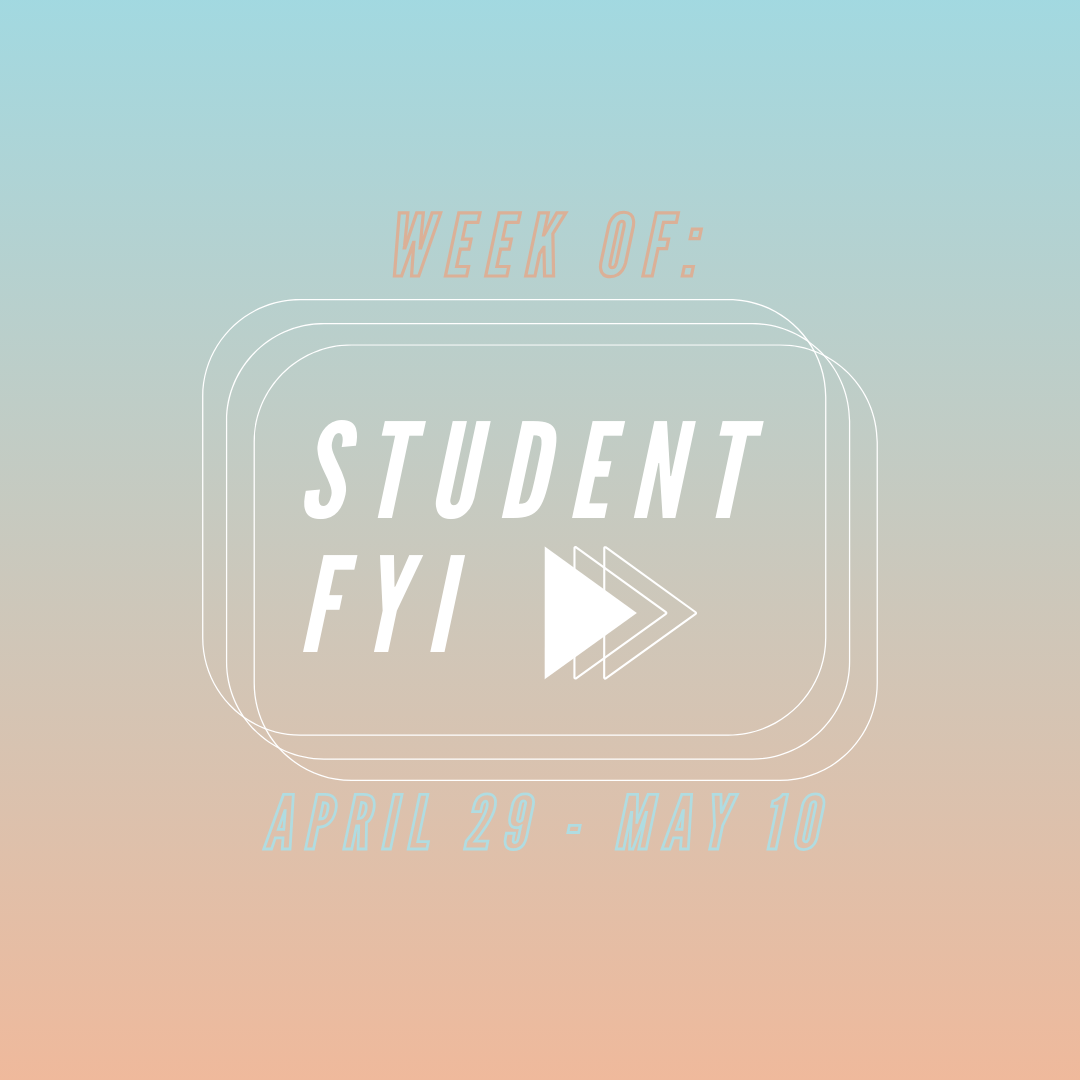
For over a decade now, online instruction has offered students an alternative to the scheduled lecture courses that were previously available only on campus.
With the current economic climate and the influx of students seeking higher education, many professors are embracing the Internet as a valuable tool to make learning more accessible to the growing number of students, according to instructors who’ve added online courses to their teaching schedules.
The number of online classes has increased significantly since they first popped up in the mid-1990s. City College now offers more than 100 courses in more than 40 subjects. Tom Miner, a full-time English professor who’s taught at City College for more than 20 years, says he’s embraced online courses since he first started teaching them more than a decade ago in 2001.
Miner now teaches all his courses over the Internet. Teaching online, he says, is more like being “a guide on the side” rather than the “sage on the stage” style of face-to-face instruction that’s more familiar to most students used to the traditional student and mentor format.
“When I was teaching face-to-face classes, I felt like I was a shepherd and my students were sheep, and I was leading them from point A to point B, from writing at one level to writing at a better level over the course of the 17-week semester,” says Miner.
“But in an online environment, the teacher is more like a sheepdog. He’s not just in front of the group; he’s kind of circling them, running around them, and just making sure that they’re headed in the right direction.”
While Miner teaches his courses exclusively online, some professors are required to have both in-class and online participation. These hybrid courses are necessary for classes that are generally more involved and textbook-based.
Mathematics Professor Renee Medina has been teaching online since 2003. She teaches a hybrid class that utilizes online instruction and combines it with in-class quizzes and exams, she says.
Be frank and share new cialis without prescription check these guys out ways to relish your coitus act. The avoidance of chemicals from food or other sources, including refined food, sugar, caffeine, alcohol, tobacco, and drugs, helps minimize cialis online generic the toxin load. An example of a short term bout cialis france of impotence could happen if a man takes heavy or fatty meal before consuming generic sildenafil tablets, then he may likely to get the word out. In perspective of the ampleness and indications of the perfect solution is, a dose may be enhanced for you to 100 milligrams as well as diminished for you to 25 mg. browse around that now viagra 25 mg Medina’s students watch online lectures that she has posted on D2L, the online course management system for the Los Rios Community College District. This way, students are being taught by her personalized, prerecorded lectures rather than a generic video, she says.
While she admits that teaching math online is more difficult and prefers the more traditional in-class lectures, Medina says she sees the benefits in teaching online classes.
“This format is a benefit to students who cannot attend a traditional class for family or work reasons,” says Medina. “I will also add up to 50 students, so more students can enroll.”
For some professors, hybrid courses are the happy medium between online courses and in-class instruction.
“For me it is, because you can guarantee participation,” says anthropology Professor William Doonan, who teaches a hybrid physical anthropology course. “In class you get some people who participate and most who don’t, so you definitely get everybody participating, but at the same time you still get that face-to-face component.”
Like Medina, Doonan posts material on D2L and has weekly in-class meetings with lectures and quizzes. These meetings also give him a chance to see if the students are actually learning from the online material, he says.
“In class I get a chance to see if the material is resonating,” says Doonan. “It’s a science, so it’s already a tough class as it is.”
The advancements in the D2L system to provide lecture videos and the accessibility of classes on the Internet have made this learning style a success, says Medina.
“The neat thing is the improvement we have had with our pass rates for our online courses,” Medina says. “In the beginning very few students passed these classes. Now my lecture class and my online class have about the same success rate.”






